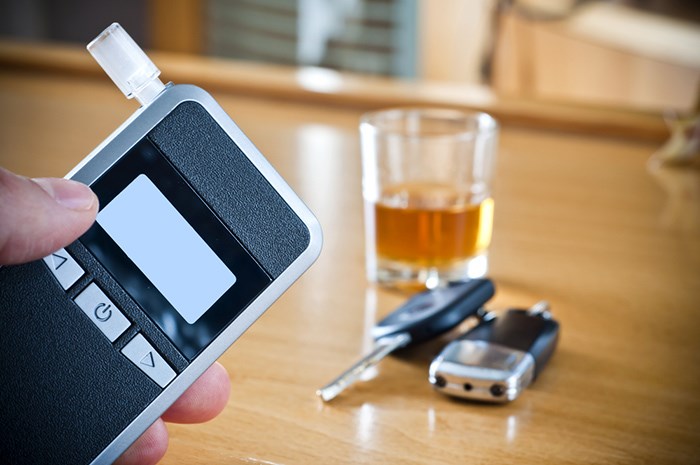 Shutterstock
Shutterstock
The Supreme Court of Canada issued a bombshell judgment today in impaired driving cases. This decision severely limits the disclosure that an accused person is entitled to in an impaired driving prosecution. What’s more, the decision has huge implications for future impaired driving prosecutions, and drug-impaired driving cases in particular.
In R. v. Gubbins, Mr. Gubbins and Mr. Vallentgoed sought disclosure of historical maintenance records for the breathalysers used in their cases. Although they had been given copies of the material produced by the instrument at the time of their tests, both accused sought disclosure of the historical maintenance records for the breathalysers used in their cases. They argued that the historical records were necessary to show whether there were any systemic malfunctions or maintenance problems with the instrument that affected their test results.
The Supreme Court of Canada had to decide two things in the case: whether the records were considered property of the Crown that could be ordered disclosed, and whether they were relevant. On both issues, the Court sided with the prosecution, determining that in these cases the disclosure was both not something that could be given without a special application and that the material was not relevant.
This case has huge implications for impaired driving prosecutions across Canada. In the alcohol impaired-driving regime, this case now lays the foundation for certain incoming changes to the Criminal Code to withstand constitutional scrutiny.
In December, provisions of Bill C-46 related to limitations on disclosure in impaired driving cases will come into force and effect. These provisions seek to prevent the very applications that were brought in these cases from being brought altogether. This is important because although the Supreme Court of Canada ruled that Mr. Gubbins and Mr. Vallentgoed were not entitled to this disclosure, they did not close the door entirely on the material. Rather, the Court indicated that the material could be disclosed if there was evidence to show that it was obviously relevant.
However, with the impending changes, this case lays a foundation for a limitation on significant disclosure in an impaired driving case that will likely be used by the Crown to justify the law when it comes into effect.
Relevance is also very difficult to prove when you cannot access information related to the maintenance and historical functioning of an instrument. It creates a terrible Catch-22 situation where people cannot get the material to show why the material is necessary in their defence. And this decision imposes a further hurdle for people with impaired driving cases already in the system and who believe their test results are inaccurate.
There is a way around the judgment, however. That is through the process of Freedom of Information requests. Anyone who has provided a breath test could request, through the Freedom of Information process, the same historical data and they would be entitled to receive it. However, the existence of Freedom of Information Act requests is simply not a satisfactory substitute for disclosure obligations in criminal cases.
This decision also has the potential to impact future drug-impaired driving prosecutions. At present, the material disclosed by Crown in a drug-impaired driving case is significantly limited. The disclosure is typically just the Certificate of Analysis showing what drugs showed up in a person’s body. None of the analytical worksheets, test result printouts, or data from the batches in the gas chromatograph or liquid chromatograph instruments are typically disclosed to an accused person at trial. And it is now arguable, based on this judgement, that such material is not compellable.
This is the material upon which the very foundation of the analysis rests.
With the expected increase in drug-impaired driving testing now that cannabis has been legalized, this material becomes all the more important for individual citizens.
In drug-impaired driving investigations, the instruments have far more moving parts and potential for contamination than in a breathalyser. The historical maintenance records relate to the cleaning of needles, the running of standards, the creation of standards and baselines that are then taught to the instrument. Absent this information, there is innumerable potential for false results.
But arguing against precedent is hard, and even harder when arguing against precedent from the Supreme Court of Canada.
The reality is that today’s judgment in Gubbins may lead to wrongful convictions, and a court upholding a law that limits constitutional rights to disclosure in criminal trials. This decision has much broader implications than today’s cases and Canadians facing impaired driving prosecutions should be very concerned.


